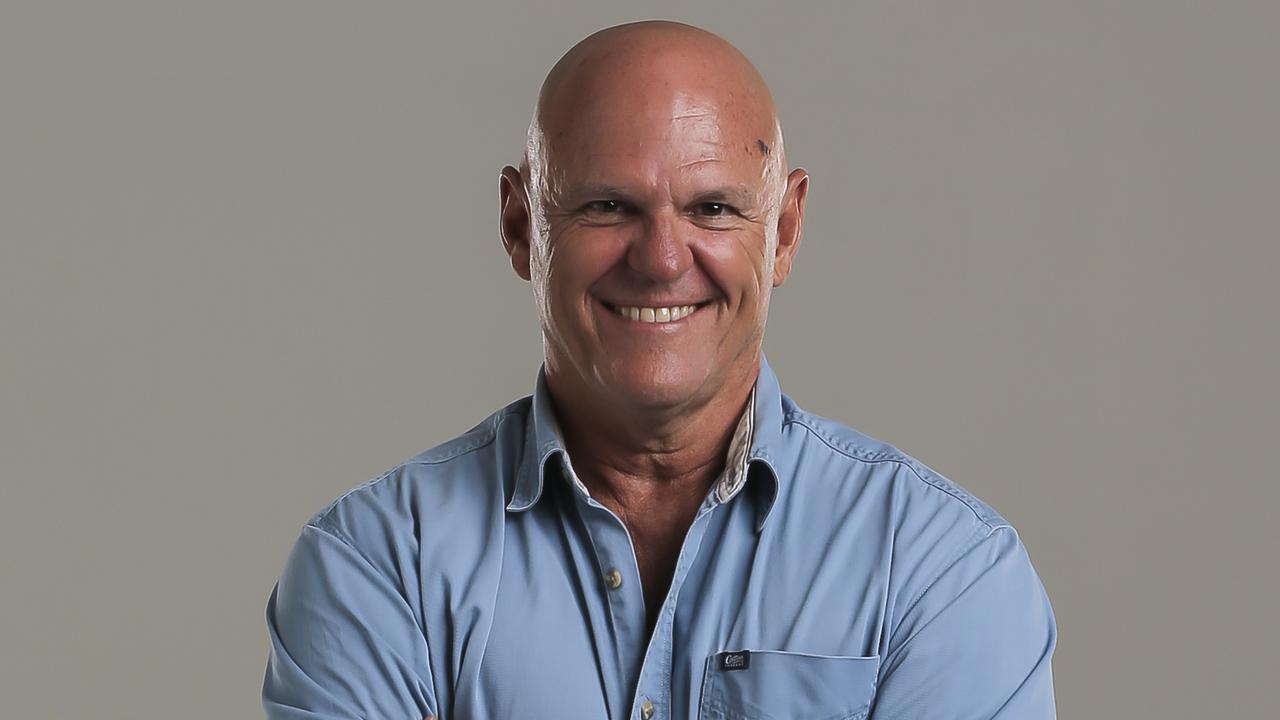Obesity tops list of Queensland’s chronic health issues
IF YOU had any doubts about whether your eating patterns can affect your children, here’s a stark fact to consider: children of obese parents are more than twice as likely to become morbidly overweight.
Opinion
Don't miss out on the headlines from Opinion. Followed categories will be added to My News.
IF YOU had any doubts about whether your eating patterns can affect your children, here’s a stark fact to consider: children of obese parents are more than twice as likely to become morbidly overweight.
The reality is one quarter of Queensland children and adolescents are overweight or obese. In fact, obesity is estimated to cost our economy more than $8 billion a year.
As I settle into my new role as president of Australian Medical Association (AMA) Queensland, it is clear that obesity is an urgent issue, with the number of overweight residents at an unprecedented level.
Federally, it is crucial the Government recognises obesity as a chronic condition, rather than a risk factor. This will enable patients to access refundable weight-related treatments from their GPs, dietitians and other allied health workers.
This could prevent patients from developing obesity-related chronic illnesses such as diabetes and cardiovascular diseases, and reduce the burden on our health system.

At a state level, I will be urging the State Government to deliver on the promise it made a year ago to create a Healthy Futures Commission to develop innovative, fresh tactics to reduce our collective waistline.
There is concern that Queenslanders have tuned out from repetitive public education campaigns on healthy eating, and that public debates around food labelling and advertising serve to muddy the water when it comes to the real causes of obesity. New campaigns are needed.
For this, AMA Queensland is calling on the State Government for funding in the 2018-19 Budget for an obesity awareness campaign that targets mothers. Research tells us that mums are the primary influencers when it comes to food selection and preparation in many households.
Another key issue on our agenda this year is improvement of the complaints process within the Office of the Health Ombudsman.
Of all complaints received, only 61 per cent are completed within the legislated time frame and many of those that linger are vexatious or unsubstantiated, relegating both doctors and patients to months of unnecessary stress and anxiety.
My focus has been on rural and remote health issues, having worked for many years in regional areas.
And while there has been significant bipartisan investment in Queensland to support rural doctor training over recent years, this investment now needs to equate to a more equitable distribution of specialists, rural generalists, GPs and health workers to meet the need of almost one-third of our population who live in rural areas.
Regional Queenslanders deserve healthcare of a similar standard to that enjoyed by city residents and part of achieving this goal is to encourage young doctors to work outside the southeast.
We can encourage this by providing more support for the families of doctors who relocate to regional and rural areas.
Despite advances in technology and infrastructure, there remains a stark divide between the health services that city-based residents can access compared with their rural and regional counterparts. While the Federal and State Governments are investing in programs to correct this imbalance, there is a need for a co-ordinated approach.
In Aboriginal and Torres Strait Island communities, for instance, we have duplication and sometimes triplication of services, highlighting the need for governments to work with groups like AMA Queensland to develop streamlined strategies to ensure the gap between indigenous and white Australian health status decreases over the next decade.
It is a fact that Australia has one of the best healthcare systems in the world and that medical services in Queensland are, by and large, world class. But there is always more work to be done in our quest to provide every Queenslander with outstanding, accessible and efficient healthcare.
Dr Dilip Dhupelia is a GP and a director of Medical and Clinical Services for Queensland Health


